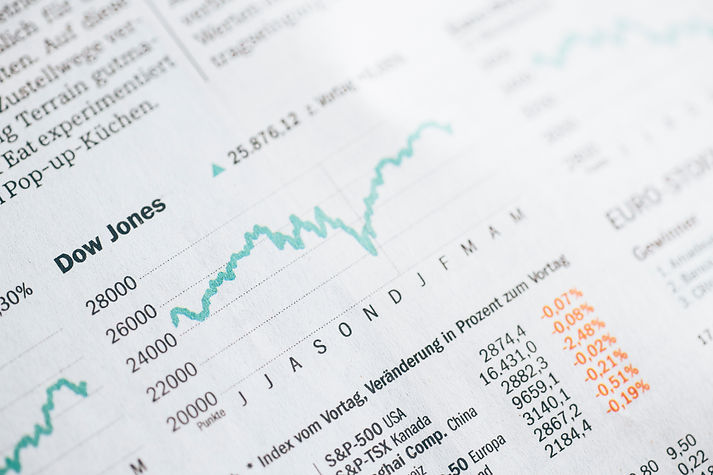
Why are Economies Unstable?
Welcome to Rebuilding Macroeconomics' Macroeconomic Instability Hub
Scroll Down
Background
Modern macro models are based on the premise that agents will respond to any unforeseen disturbance in such a way that their actions will co-ordinate activity toward the optimal use of resources. The task for policymakers is then merely to reduce economic volatility. This self-stabilising structure appears to be at best questionable in the wake of the Great Recession. In recovery, the spectre of ‘secular stagnation’ has emerged, with no self-correcting mechanism.
We expect scholars to bring insights from sociology, psychology, anthropology and network theory in order to extend our understanding of preferences and decision making, and the implications for stability. Economists may ask how an inherent instability hypothesis can be usefully incorporated into models and used as a guide to policy. Scientists may query whether agent-based models can be revised, so that they may provide better predictions of policy outcomes or more robust policy options in unstable economies. Or perhaps some entirely new approach will emerge that we have not yet foreseen.


Hub Co-Leader: Prof Roger E. A. Farmer
Roger E. A. Farmer is the Co-Leader for Rebuild Macro’s Instability Hub and Research Director at NIESR, London. He is also a Professor of Economics at the University of Warwick in the UK and a Distinguished Professor of Economics at UCLA. Roger is widely known as a world-leading economist and former Senior Houblon-Norman Fellow at the Bank of England. He has published numerous scholarly articles in leading academic journals, as well as books that have been translated into Chinese, Italian, Vietnamese and Hungarian.


Hub Co-Leader: Jean-Philippe Bouchaud
Jean-Philippe Bouchaud is the Co-Leader for Rebuild Macro’s Instability Hub. After studying at the French Lycée of London, he graduated from the Ecole Normale Supérieure in Paris, where he also obtained his PhD in physics. He was then appointed by the CNRS until 1992. After a year spent in the Cavendish Laboratory (Cambridge), he joined the Service de Physique de l’Etat Condensé (CEA-Saclay), where he worked on the dynamics of glassy systems and on granular media.
Research Projects
Anxiety, Competing Narratives & the Macroeconomy: What is the Role of Policy in Stabilising Expectations?
This project will focus on examining the conditions under which competing narratives co-exist, influence (and are influenced by) individuals’ emotions...

Principal Investigator:
Professor Sayantan Ghosal
An Interactions-based Macroeconomic Model
The traditional approach in economics and finance does not model the interactions between people. By taking into account interaction among agents, we may do a better job at capturing source of instability ...

Principal Investigators:
Maxim Gusev & Dimitri Kroujiline
Hub Workshop Recording
Ergodicity: Six Different Viewpoints
The word "ergodicity" is used with apparently different meanings in different disciplines. The purpose of this meeting is to explore the connections between the ways people from various disciplines address the topic.
Jean-Philippe Bouchaud, Physics, Paris
Juan Garrahan, Physics, Nottingham
Rosemary Harris, Mathematics, Queen Mary
Oliver Hulme, Danish Research Centre for Magnetic Resonance and London Mathematical Laboratory
Anastasia Papavasiliou, Statistics, Warwick
Mark Pollicott, Mathematics, Warwick
Related Blogs










%20(2).png)









